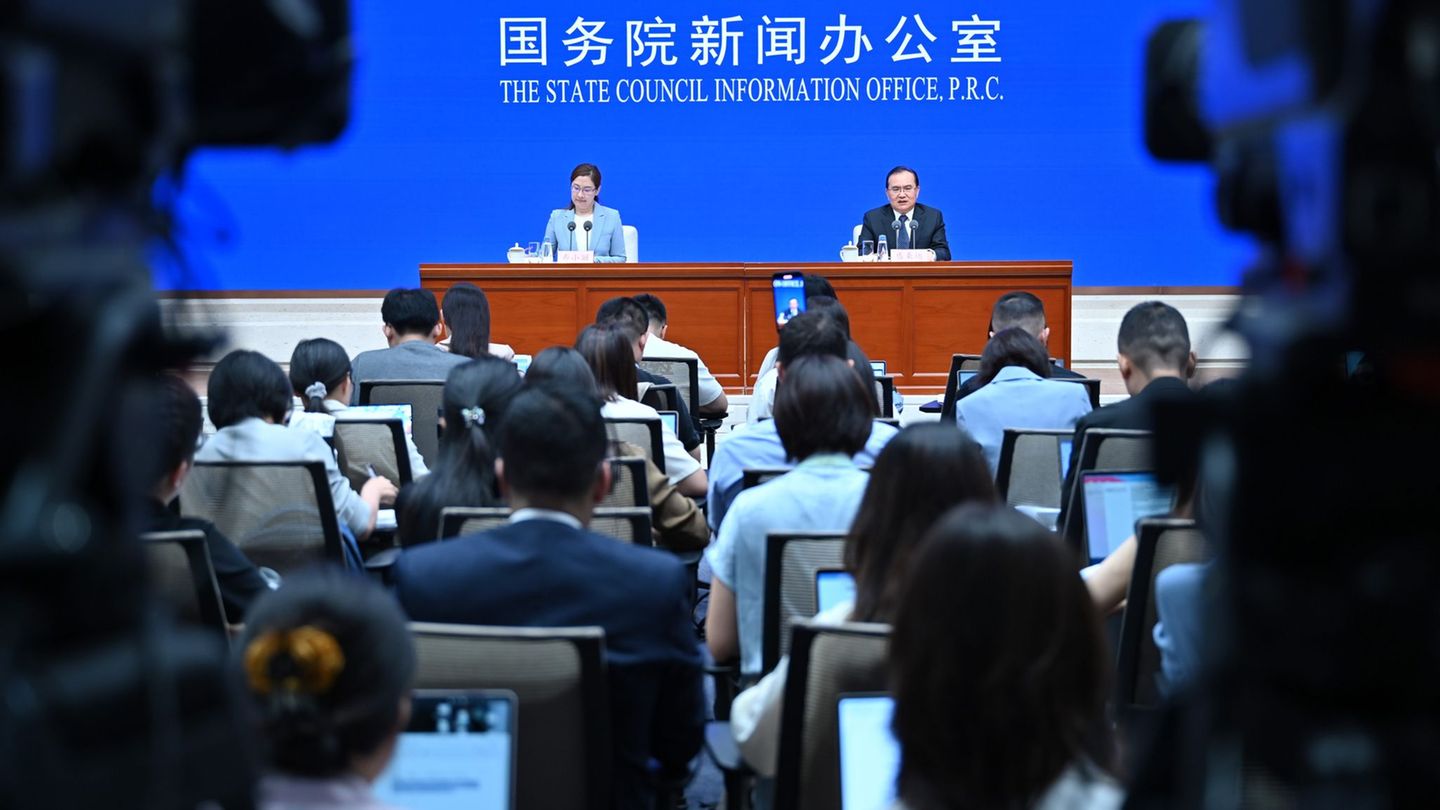The Rural Association of Uruguay (ARU) charged against the government in a new statement in which he criticizes the “incoherence” in the official actions regarding the exchange rate in the country, an issue that greatly worries the agro-export sectors due to the lack of competitiveness of the national economy in international markets in the context of a drought that does not end.
The discontent of the countryside with the exchange rate lag in the country it is not new nor is it a secret. On several occasions, agricultural leaders have demanded specific measures in exchange matters that contribute to a appreciation of the dollar.
With the end of May without the US currency being able to pierce the floor of 39 pesos —and with a fall of 3.22% so far this year; of 3.13% if compared year-on-year—, the ARU issued a harsh statement in which it again criticized the government.
In the document, the entity points out its concern about the drop in the exchange rate that, “added to the historical drought that the country is facing, has a negative impact on the companies in the sector, which will end up resulting in a lower profitability, job loss and decreased investmentwhich will affect the economic growth of the country.
According to the ARU, the only solution mentioned by the government authorities with whom they met to seek measures to help alleviate the critical situation was the more active participation of public companies in the foreign exchange market.
The harsh criticism of the ARU for the exchange rate delay
The most recent problem for the agro-export sectors grouped behind the entity that until recently led Gustavo Valdes —and for whom the dollar should be at a value close to 48.31 pesos— is the “clear inconsistency” between what was promised by the government and what was finally provided by the authorities.
“On May 19, the Central Bank of Uruguay (BCU) in coordination with the Ministry of Economy and Finance (MEF) issued a statement that changed the conditions for the payment of some Treasury Notes in UI (Indexed Units) and UP (Pension Units) expiring in May and June,” said the rural entity.
As they pointed out, the MEF granted financial institutions that acquire debt bonds in UI and UP the possibility of choose currency in which the payment is made, so they could make it in pesos or in dollars, indistinctly.
Considering that the objective of placing debt in pesos —or in pesos indexed to an indicator, such as the UI and the UP— is to be able to manage it in local currency and, in turn, reduce the income of dollars —in both the low exchange rate is due to a foreign currency oversupply—, the ARU understands that the measure is counterproductive.
“Those who collect these maturities are prevented from participating in the exchange market and the opportunity to generate an increase in the demand for dollars and upward pressure, necessary to improve the country’s competitiveness, is lost”pointed out the association and strongly criticized: “With this measure, the government demonstrates a clear inconsistency in its conduct and is unaware of the negative consequences that this measure will have for the country’s economy, whose main engine is the agro-exporter”.
The debate over the measure
Shortly after the release of the ARU statement, the financial Sherpa staff He maintained that the measure that criticizes agriculture is not new or unpublished, but that it has been carried out since, at least the 2016. According to the agency, “you may agree or not, but it is an option that the MEF has been enabling” since then; and attached screenshots of official publications of the ministry in which the measure is announced.
He also pointed out that it is a “symmetrical measure, since Treasury Notes in regular auctions can be bought with USD.”
However, the economist and former mayor of Financial Regulation of the BCU, Jose Licandro, He disagreed with the initiative, from a position similar to that exposed by the ARU: “I did not know that Treasury Notes can currently be integrated in dollars. It did not seem convenient to me at this juncture to amortize them in USD ”, he expressed in Twitter.
Along these lines, he also pointed out that the structural problem behind the exchange rate delay is that the State has a deficit in pesos and should, therefore, finance it in that currency, without giving the alternative of buying bonds in local currency with dollars.
embed
I didn’t know that treasury notes can now be integrated with dollars.
It did not seem convenient to me at this juncture to amortize them in USD.
The structural problem is that the State has a deficit in pesos and should finance it in that currency.— jose licandro (@ licandro1) June 1, 2023
Source: Ambito




